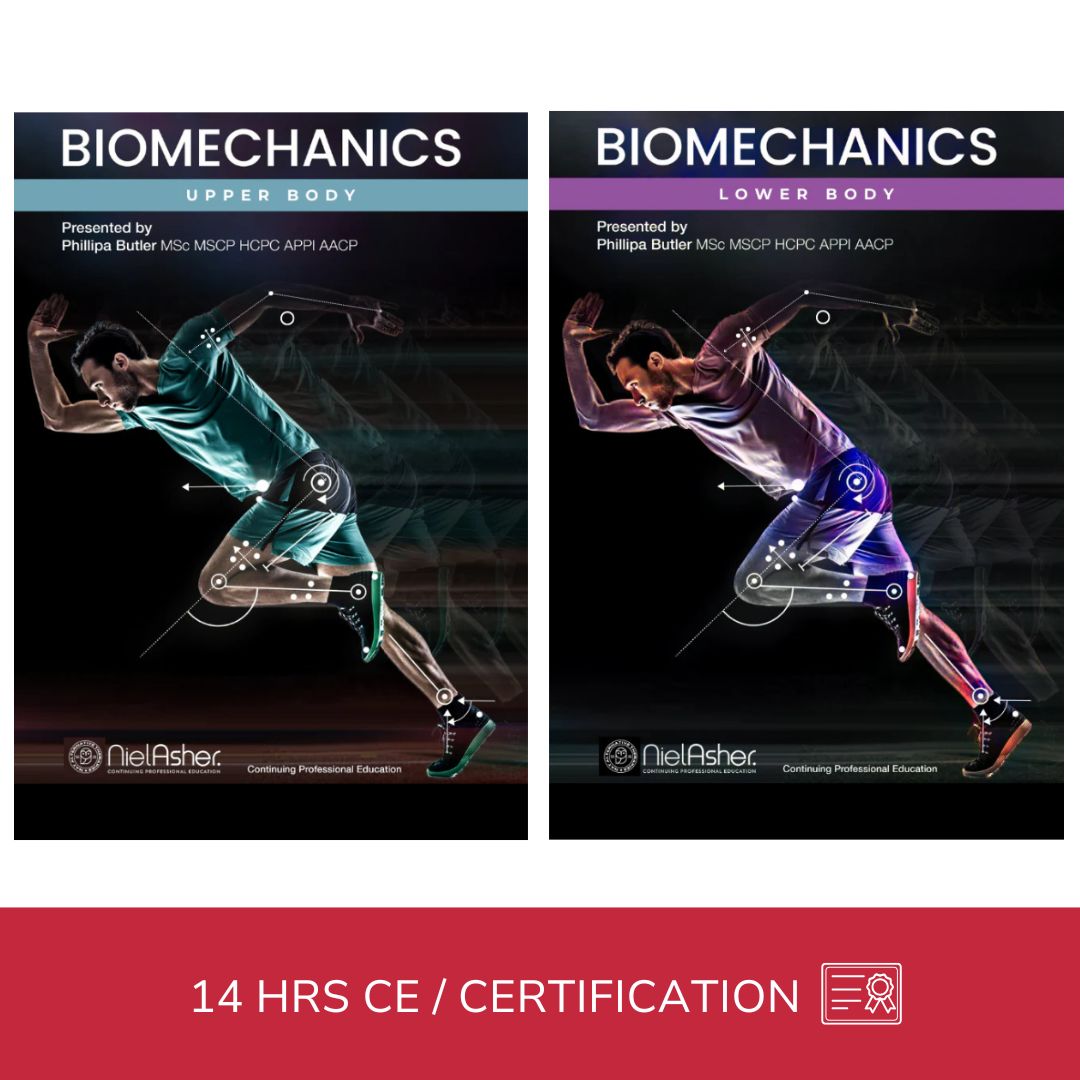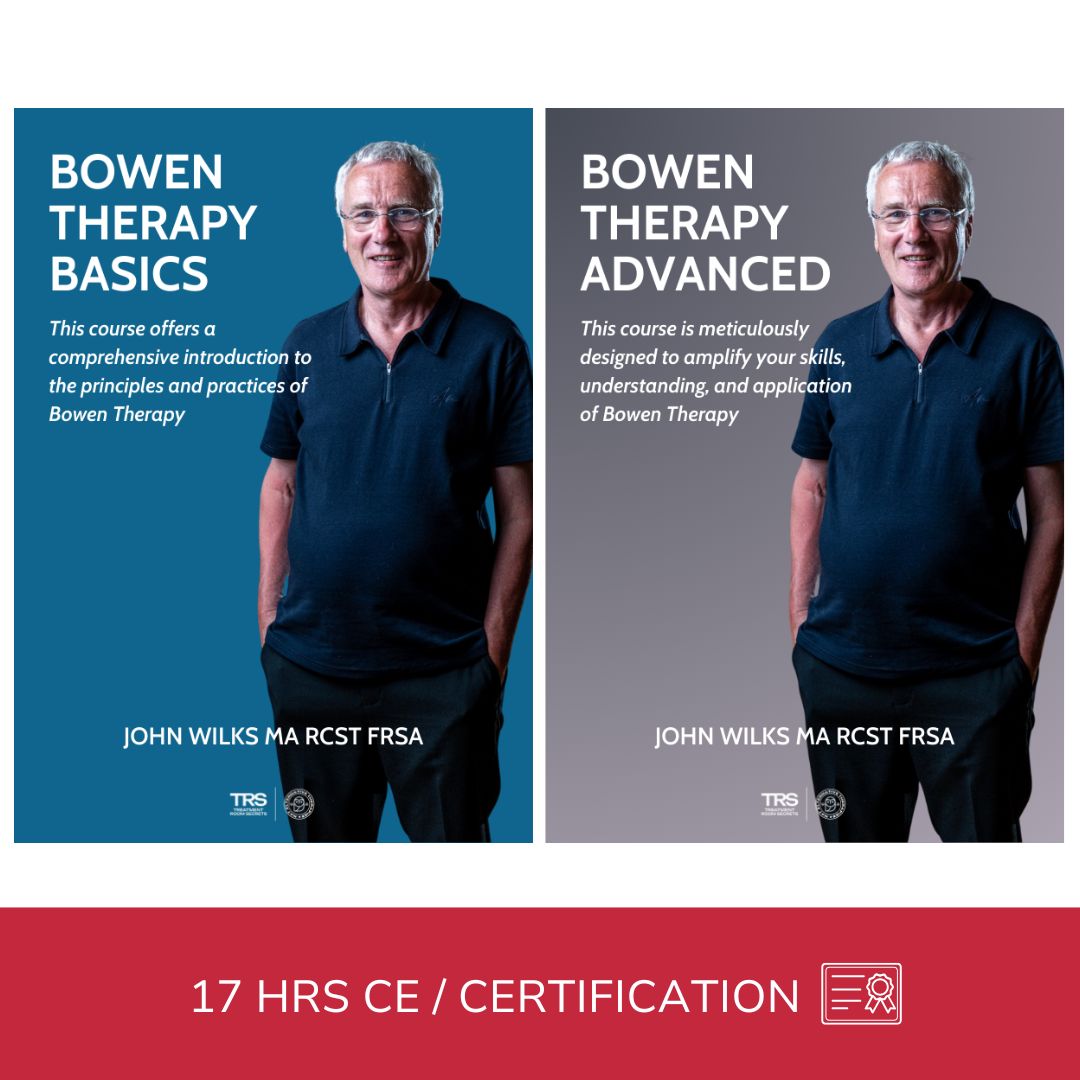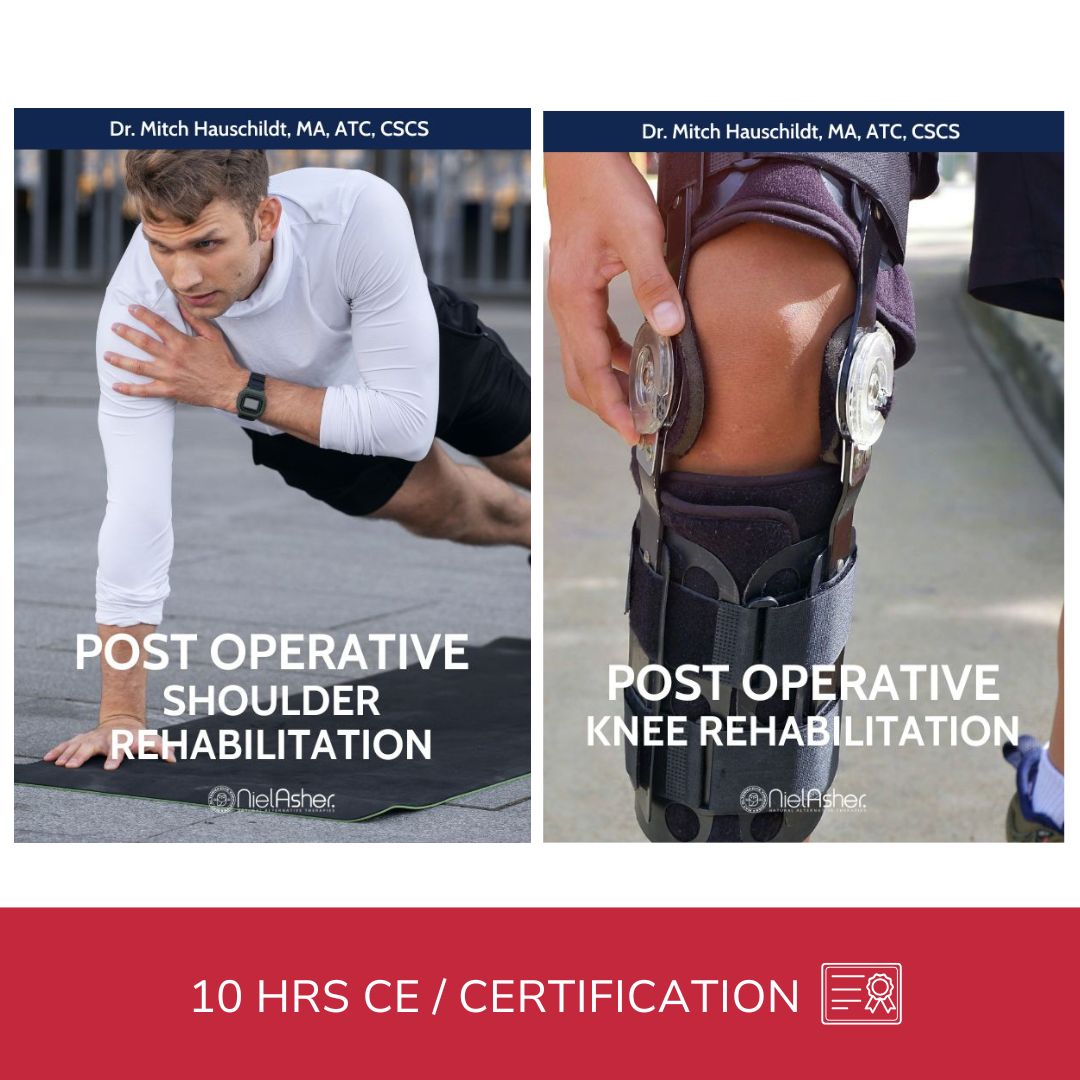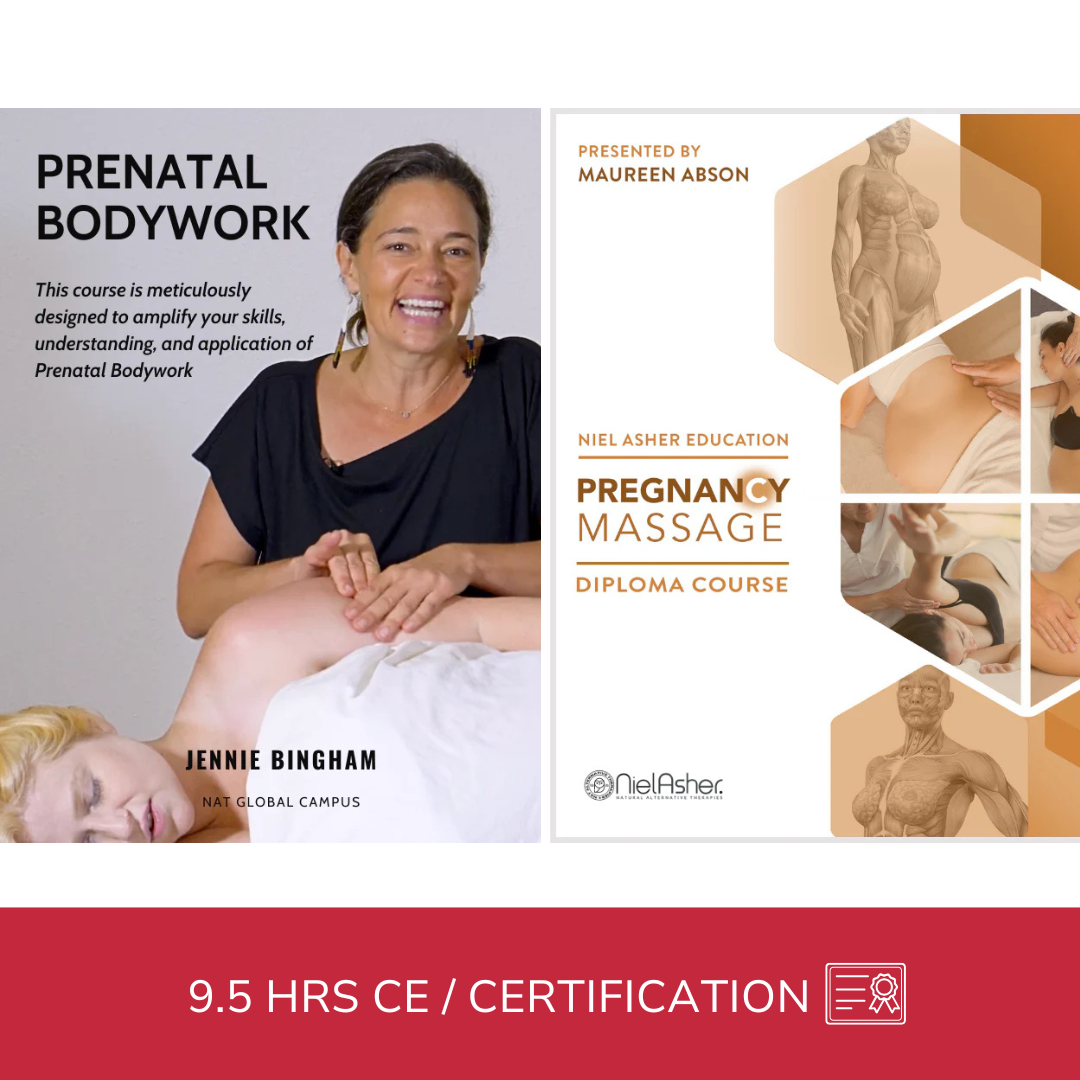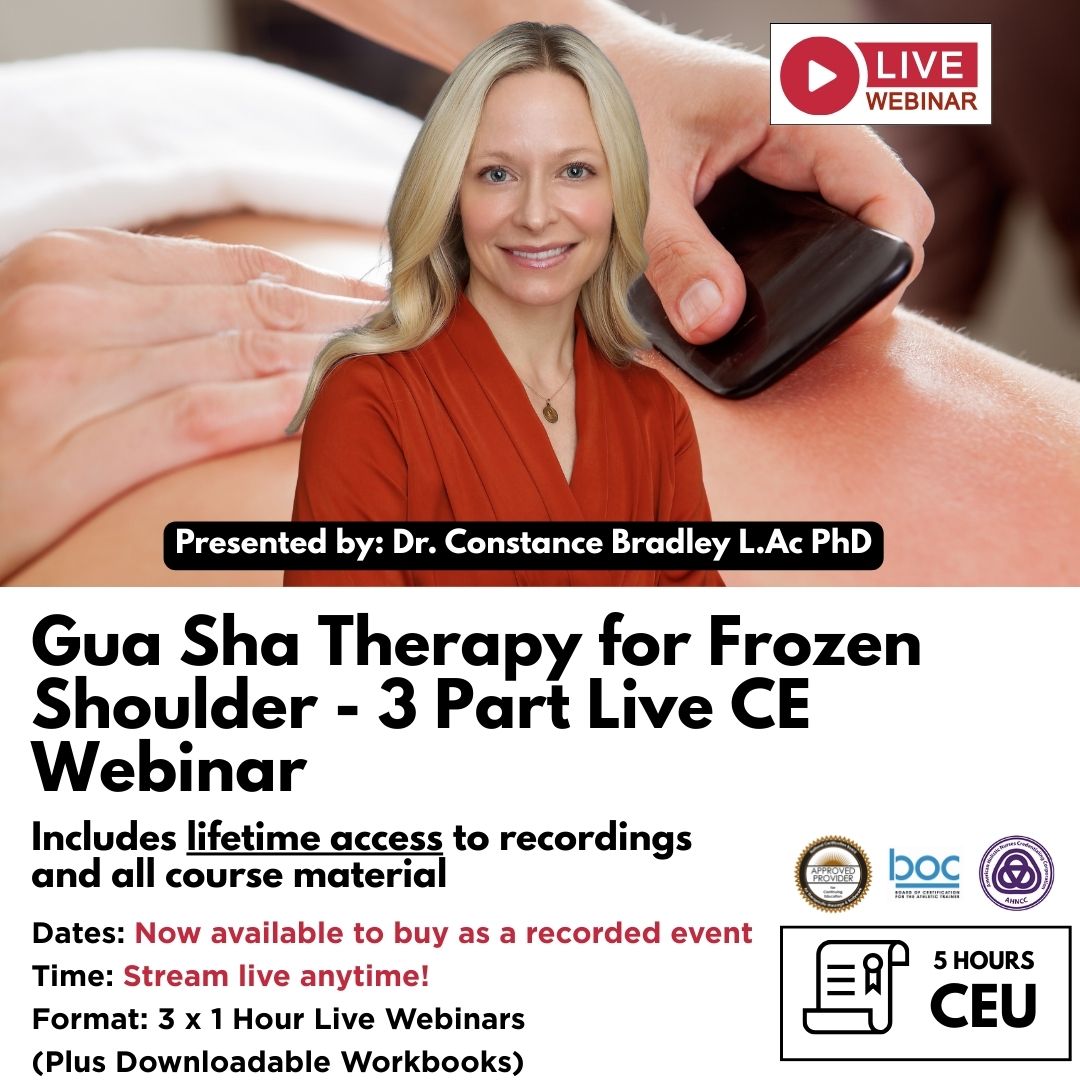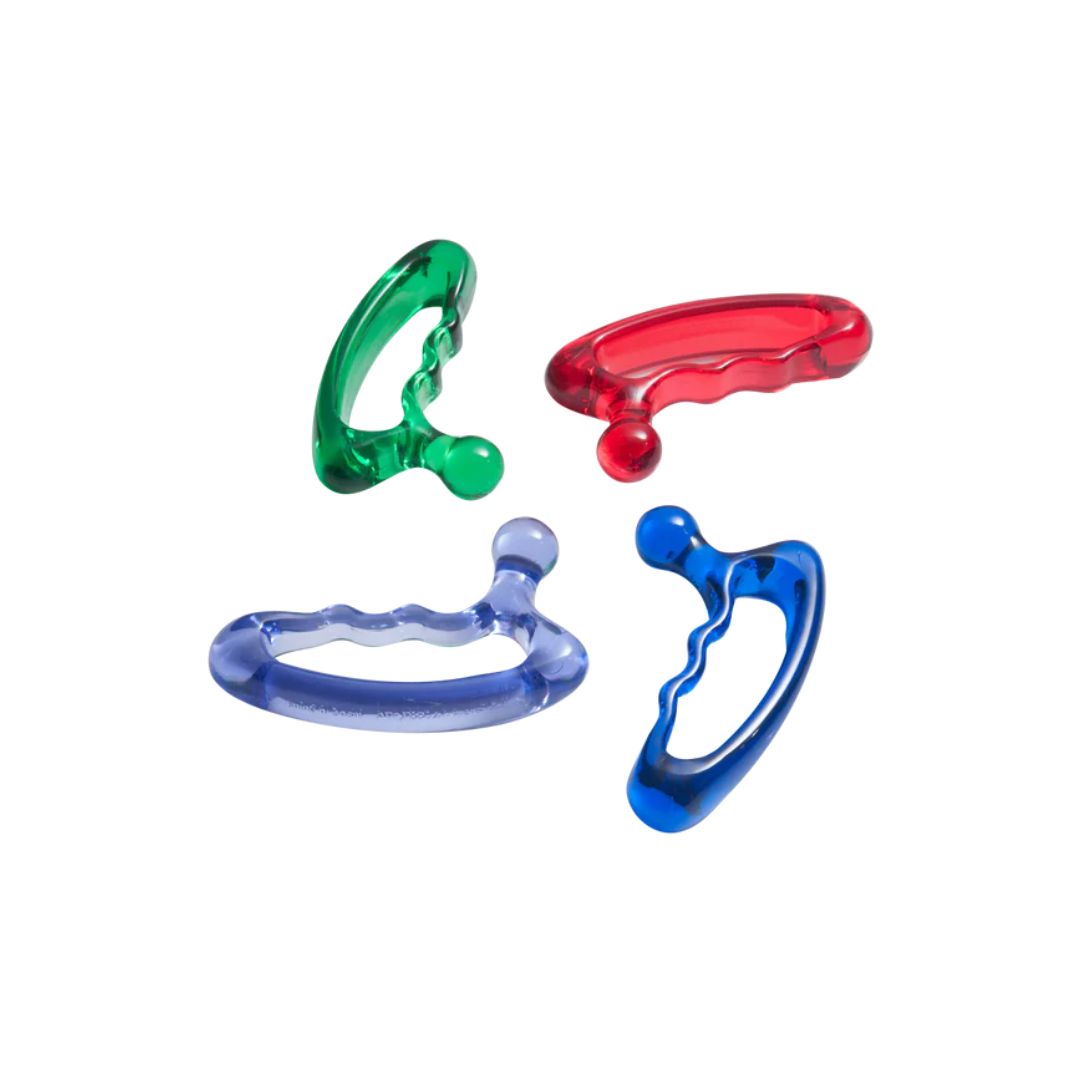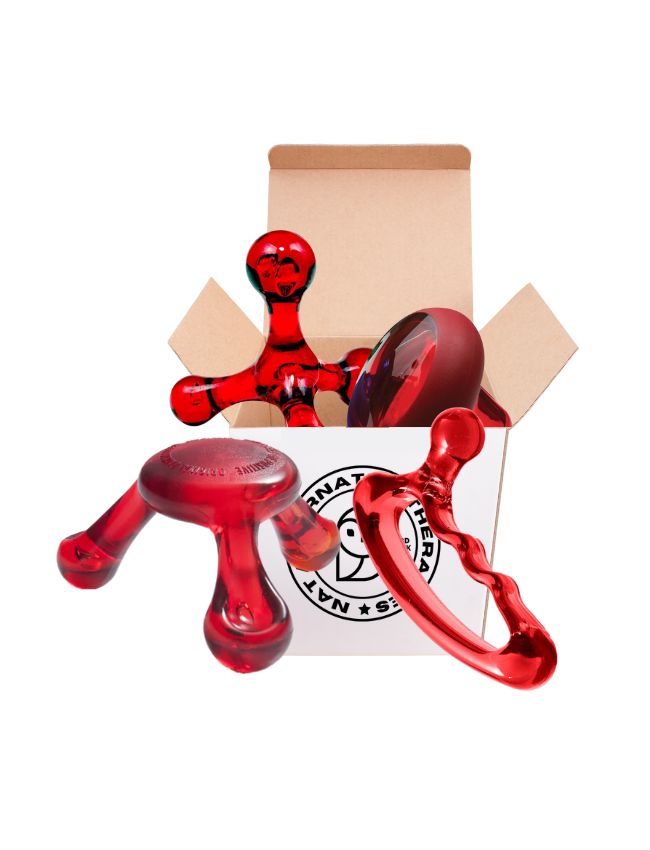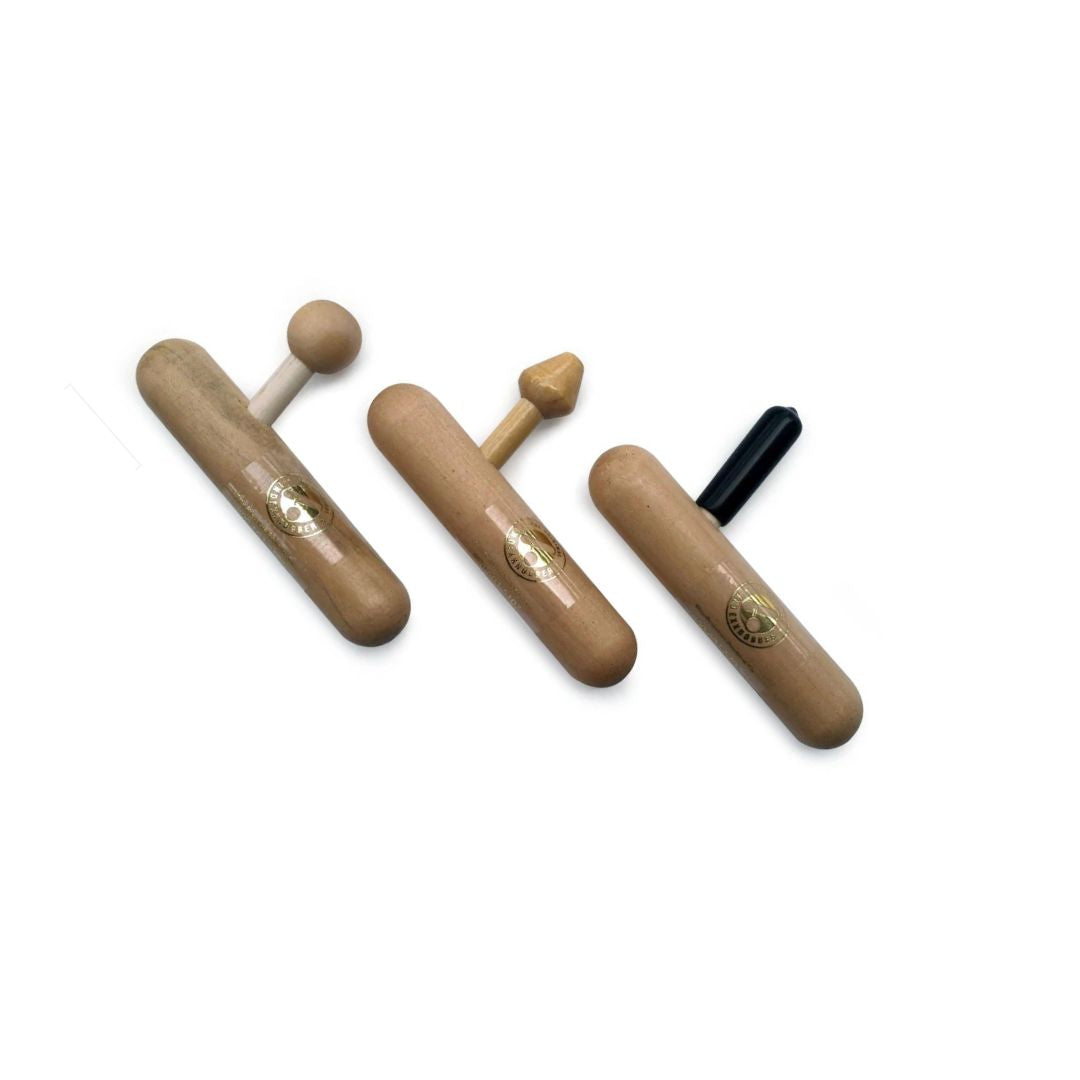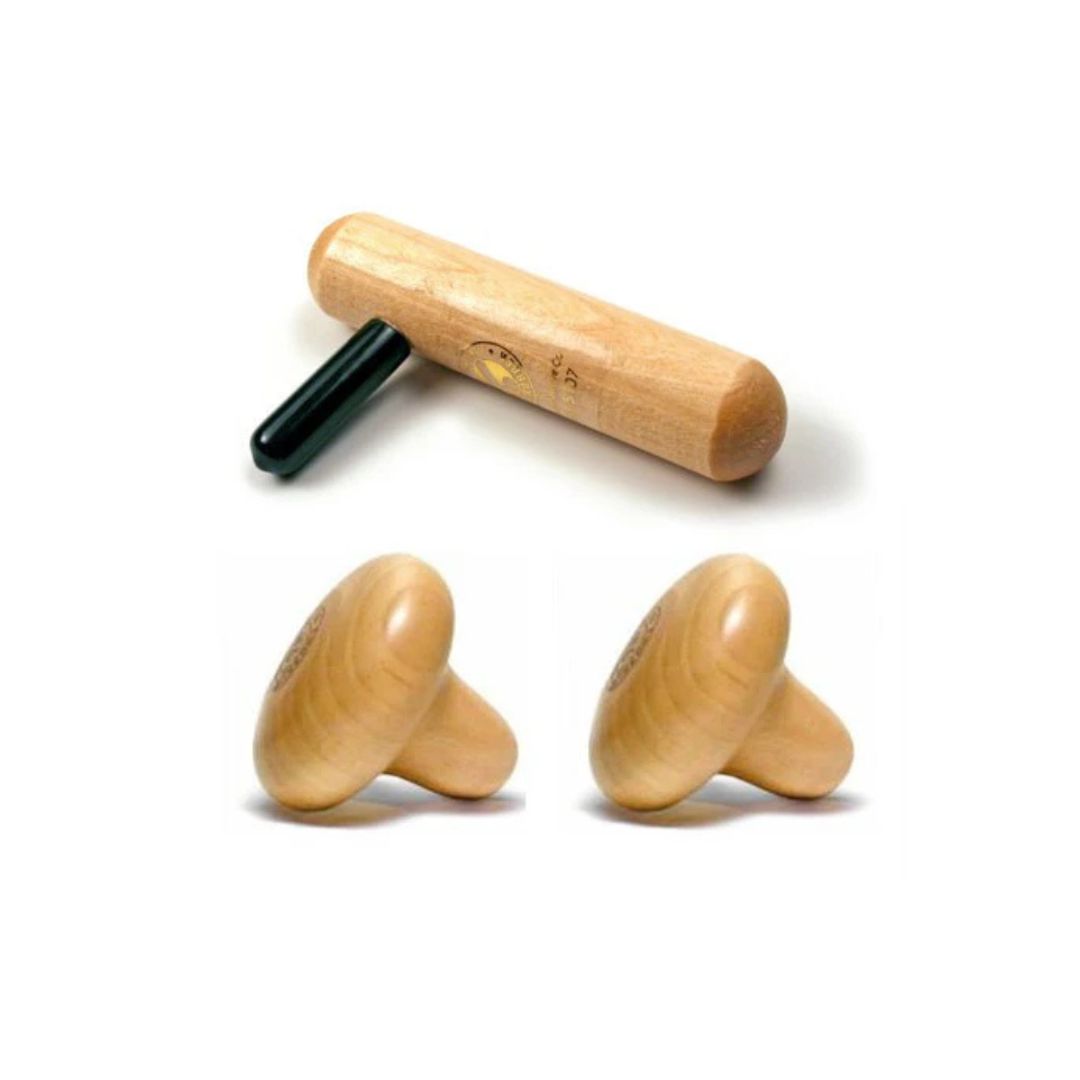Runner's Knee | Trigger Points | Quadriceps
Patellofemoral Pain Syndrome (Runner's Knee) is often associated with trigger points in the quadriceps muscles
Pain in the patella (kneecap), especially after sitting for a long time or running downhill, may result from incorrect movement of the patella over the femur or tight tendons.
The articular cartilage under the patella may become inflamed as well, leading to another condition called chondromalacia patellae which is found more commonly in women.
The angle formed between the two lines of pull of the quadriceps muscle and the patellar (tendon) ligament is known as the Q-angle.
If the patella moves out of its normal path, even slightly, it can cause irritation and pain.
Tight tendons also place pressure on the patella causing inflammation.
Knee Pain - Vastus Medialis Trigger Points
Cause of Injury
Incorrect running form or improper shoes. Weak or tight quadriceps. Chronic patella dislocations.
Trigger Points
Common knee injuries including PFPS are often associated with trigger points in the gluteus minimus, medius, maximus, quadriceps and sartorius muscles.
Commonly overlooked are trigger points in popliteus and the patellar ligament.
Signs and Symptoms
Pain on and under the patella which worsens after sitting for extended periods or walking down stairs.
Clicking or grinding may be felt when flexing the knee. Dull, aching pain in the centre of the knee.
Complications if Left Unattended
The inflammation from this condition if left unattended can worsen and cause more permanent damage to the surrounding structures.
If the tendon becomes inflamed it could eventually rupture. The cartilage under the patella may also become inflamed.
Immediate Treatment
Rest and reducing exercise intensity and duration. Ice and anti-inflammatory medication.
Rehabilitation and Prevention
Rehabilitation starts with restoring the strength and flexibility of the quadriceps.
When returning to activity after pain has subsided, gradual increases in intensity, limiting repetitive stresses on the knee and proper warm-up techniques will ensure that the pain does not return.
Strong, flexible quadriceps and hamstrings and avoiding overuse will help prevent patellofemoral pain syndrome.
A good warm- up before training will also help.
Long-Term Prognosis
With complete treatment there are seldom any long-lasting effects. If the condition does not respond to treatment surgical intervention may be necessary.
Links
More Articles About Trigger Points
More About Quadriceps Trigger Points
More About Vastus Medialis Trigger Points
More Articles About Runner's Knee
Certify as a Trigger Point Therapist
Education Membership Plans from $19.95/monthly

JOIN NOW
Online Education Plans for Massage and Manual Therapists
Unlimited Access to All NAT Courses and Certification Online
$19.95/monthly
This trigger point therapy blog is intended to be used for information purposes only and is not intended to be used for medical diagnosis or treatment or to substitute for a medical diagnosis and/or treatment rendered or prescribed by a physician or competent healthcare professional. This information is designed as educational material, but should not be taken as a recommendation for treatment of any particular person or patient. Always consult your physician if you think you need treatment or if you feel unwell.
About Niel Asher Education
Niel Asher Education (NAT Global Campus) is a globally recognised provider of high-quality professional learning for hands-on health and movement practitioners. Through an extensive catalogue of expert-led online courses, NAT delivers continuing education for massage therapists, supporting both newly qualified and highly experienced professionals with practical, clinically relevant training designed for real-world practice.
Beyond massage therapy, Niel Asher Education offers comprehensive continuing education for physical therapists, continuing education for athletic trainers, continuing education for chiropractors, and continuing education for rehabilitation professionals working across a wide range of clinical, sports, and wellness environments. Courses span manual therapy, movement, rehabilitation, pain management, integrative therapies, and practitioner self-care, with content presented by respected educators and clinicians from around the world.
Known for its high production values and practitioner-focused approach, Niel Asher Education emphasises clarity, practical application, and professional integrity. Its online learning model allows practitioners to study at their own pace while earning recognised certificates and maintaining ongoing professional development requirements, making continuing education accessible regardless of location or schedule.
Through partnerships with leading educational platforms and organisations worldwide, Niel Asher Education continues to expand access to trusted, high-quality continuing education for massage therapists, continuing education for physical therapists, continuing education for athletic trainers, continuing education for chiropractors, and continuing education for rehabilitation professionals, supporting lifelong learning and professional excellence across the global therapy community.
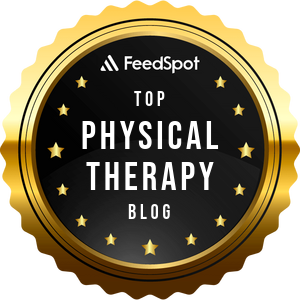
Continuing Professional Education
Looking for Massage Therapy CEUs, PT and ATC continuing education, chiropractic CE, or advanced manual therapy training? Explore our evidence-based online courses designed for hands-on professionals.



